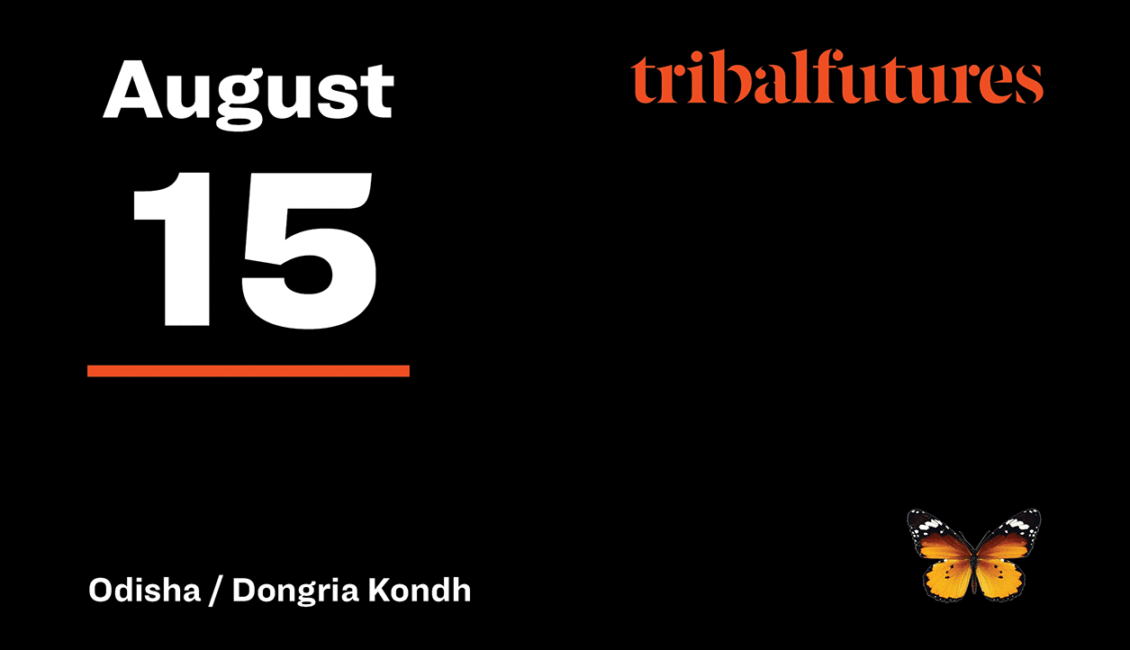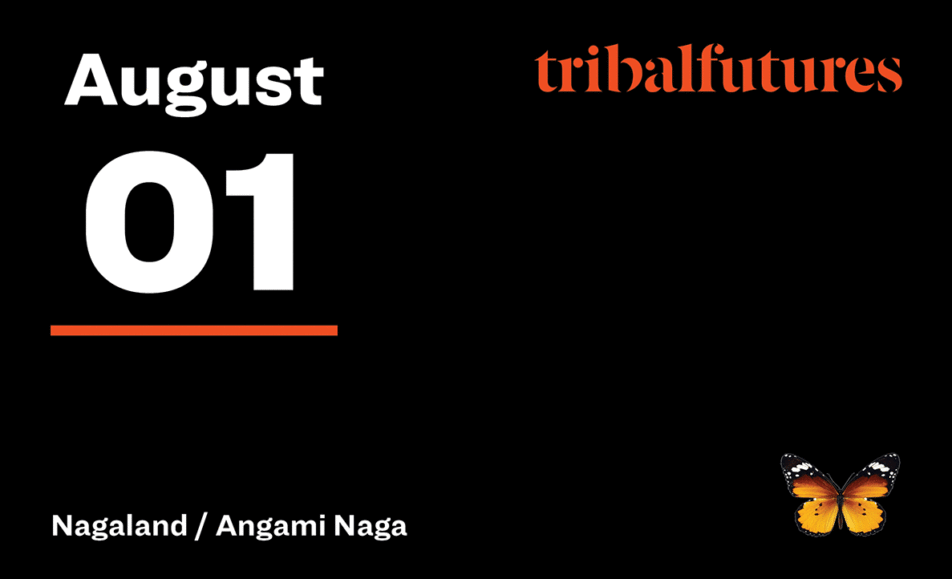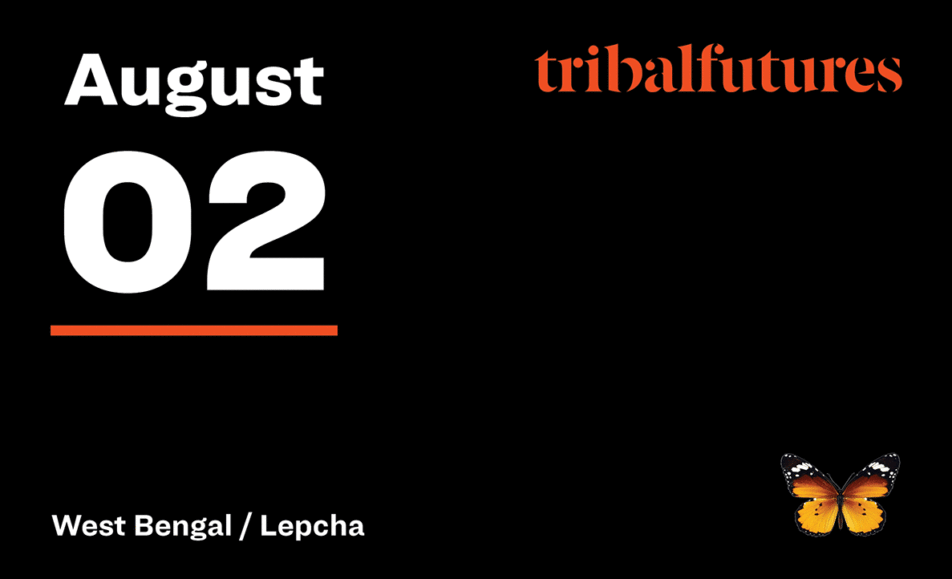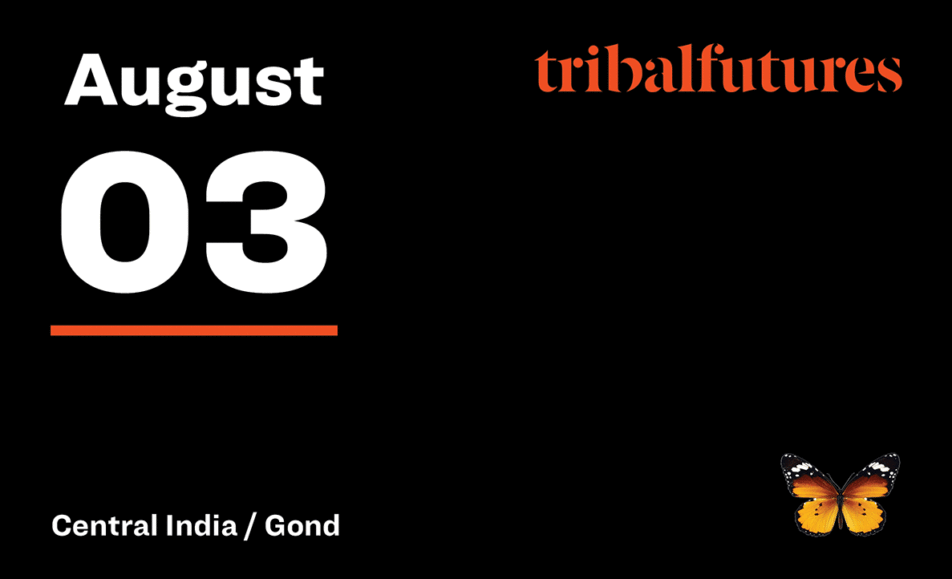
Anuradha Kandala, a social entrepreneur, will present a 30-minute online talk on the rich traditions of the Dongria Kondh tribe of Odisha, with a particular focus on their unique textile, Kapdaganda. In this presentation, Kandala will explore the deep connection the Dongria Kondh community has with nature, which is beautifully reflected in their traditional textile art. She will discuss the cultural and symbolic significance of Kapdaganda, highlighting how it embodies the community’s respect for the environment and their intricate knowledge of natural resources.Kandala will also share insights into her work with the Dongria Kondh through her venture, Folkweaves. She will explain how Folkweaves is committed to promoting sustainable and ethical business practices, ensuring that the creation and sale of these textiles benefit the community while preserving their cultural heritage. The presentation will conclude with a 30-minute Q&A, providing an opportunity for the audience to engage with Kandala on topics such as ethical fashion, the challenges of working with indigenous communities, and the importance of preserving traditional crafts in a rapidly changing world.



